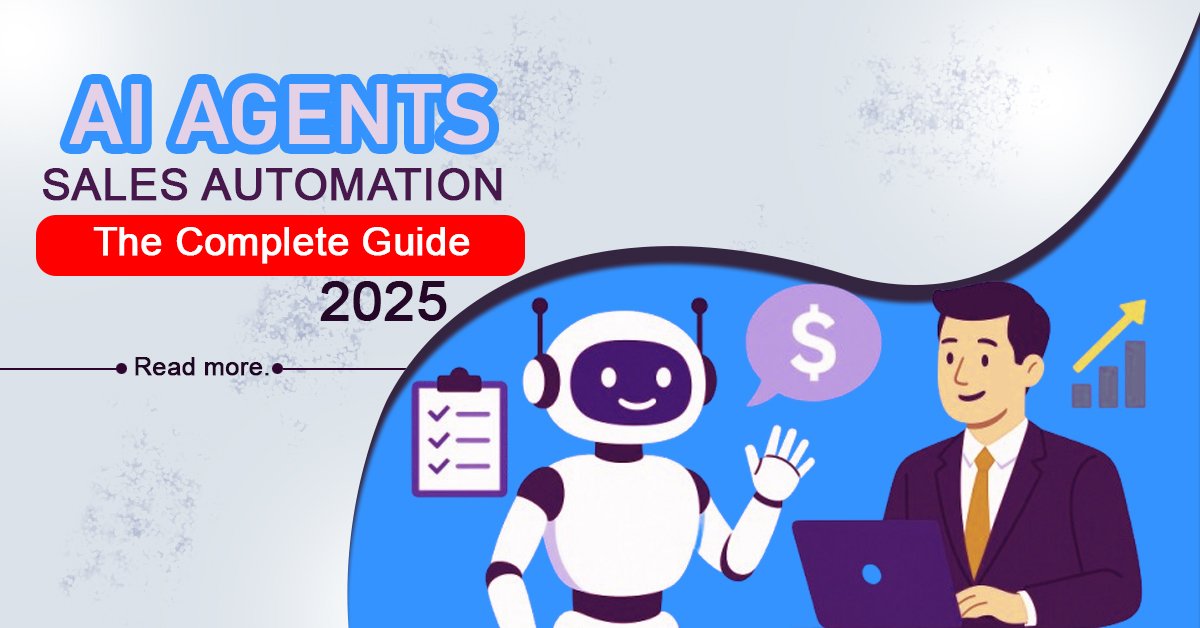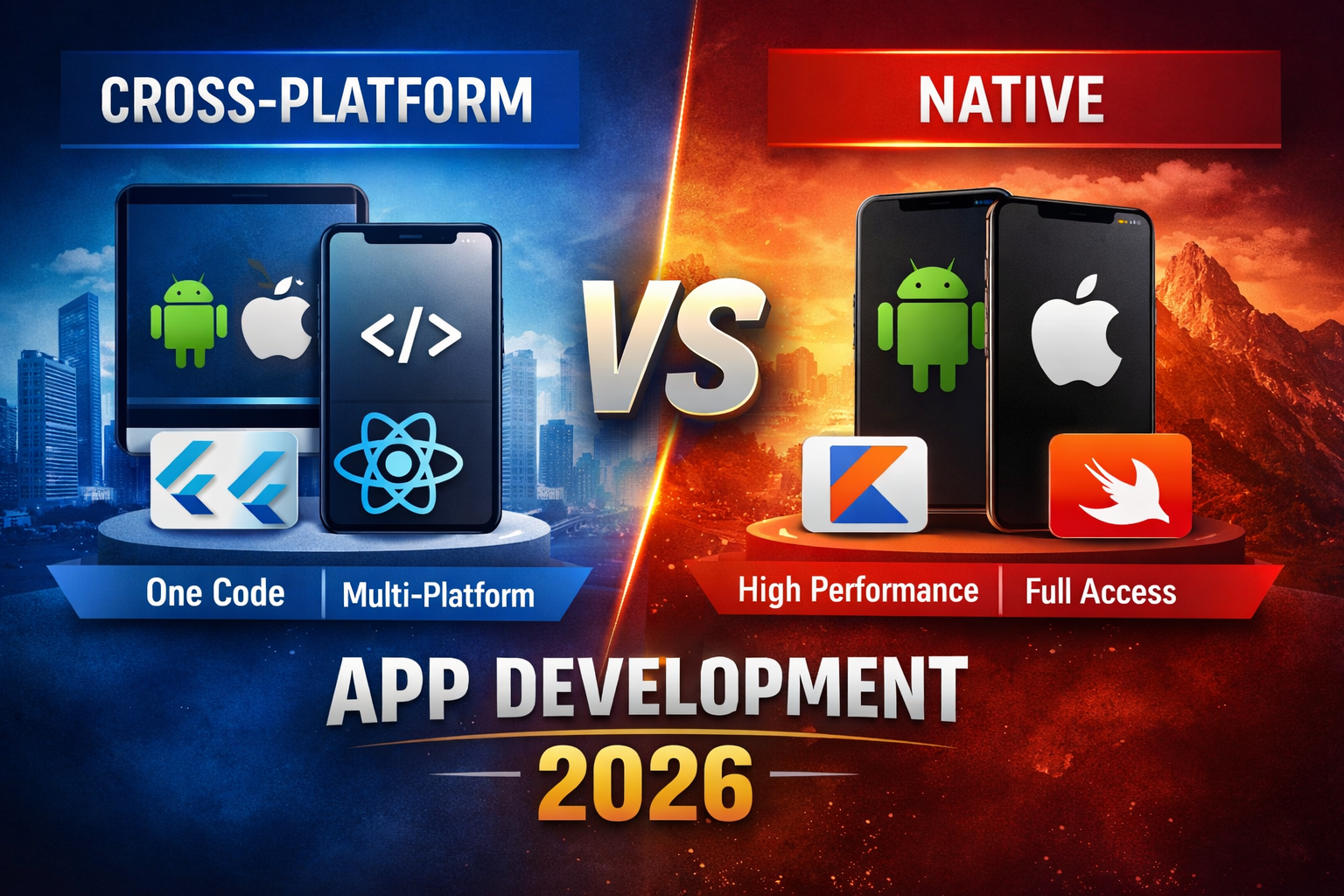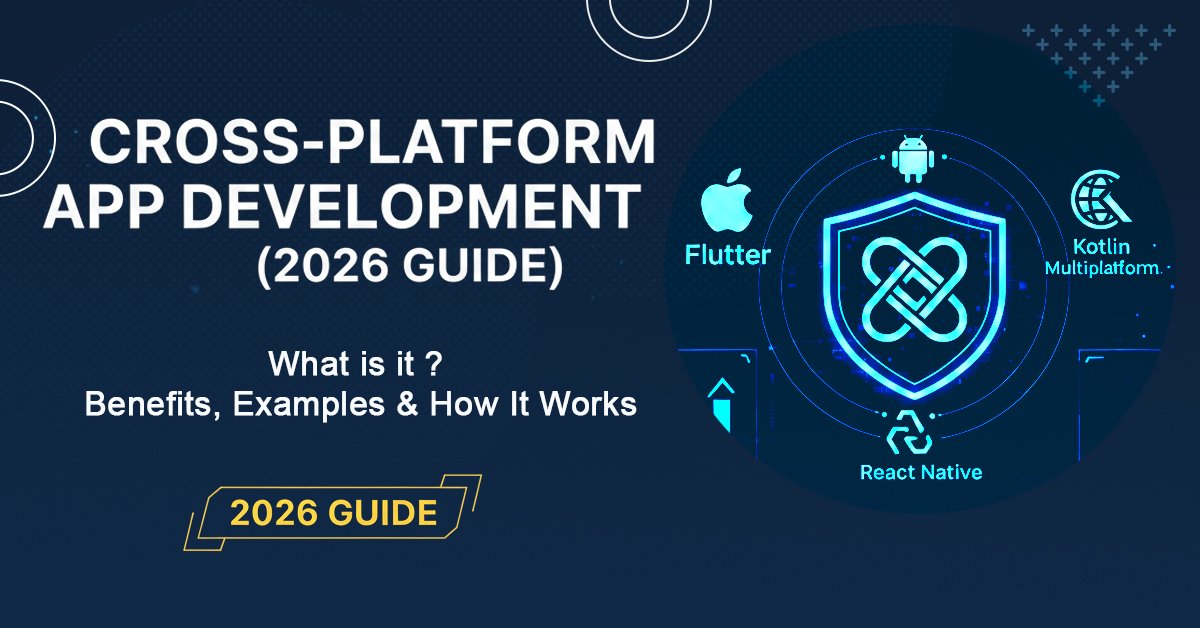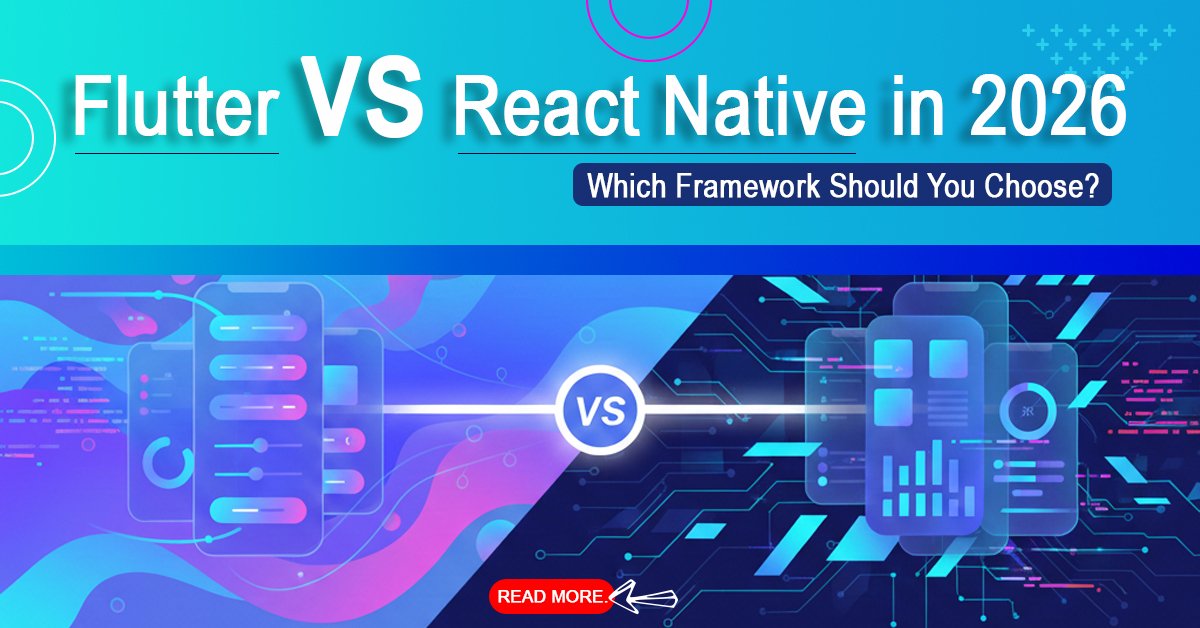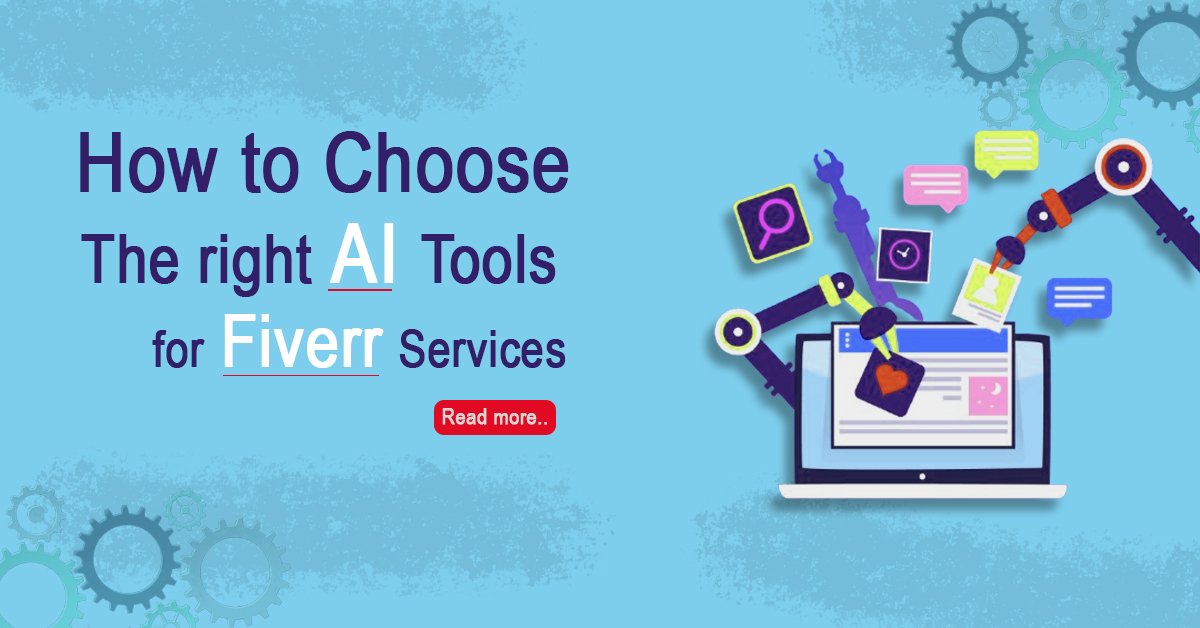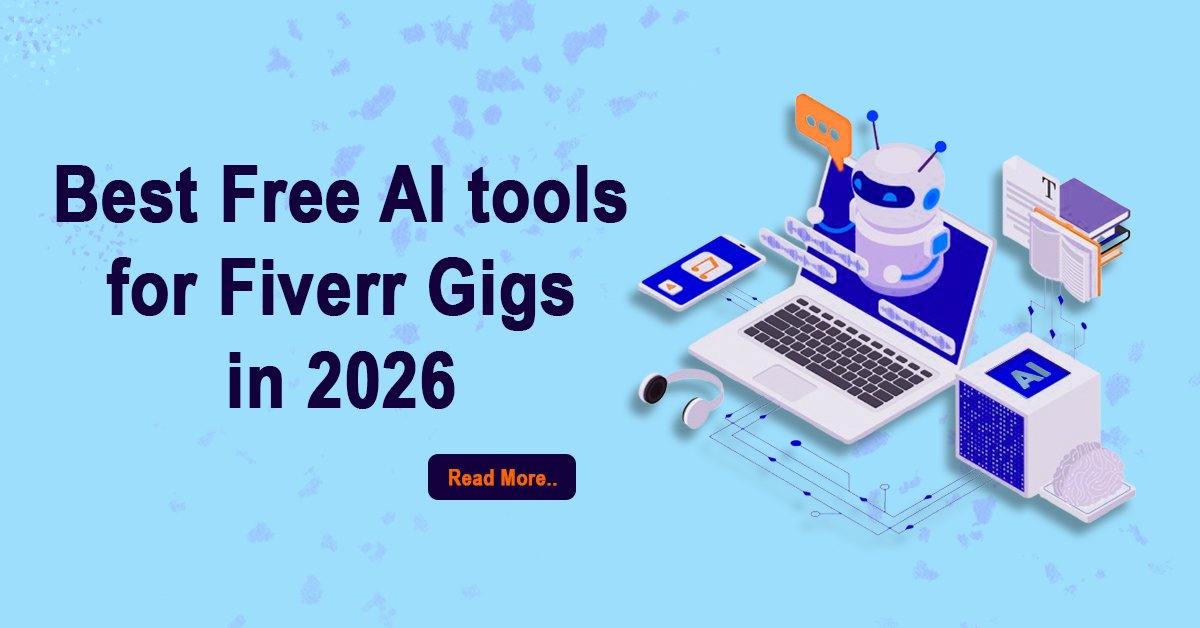- 1 1. Introduction:
- 2 2. What Are AI Agents?
- 3 3: Sales Automation Requires an AI Agent
- 4 4. The Benefits of Artificial Intelligence Agents for Sales
- 5 5. Types of AI sales agents
- 6 AI Agent Comparison Table
- 7 6.AI Agents in Contrast to Conventional Sales Automation Tools
- 8 Side-by-Side Comparison
- 9 Artificial Intelligence Agents Are The Next Advancement
- 10 7. Real-life Applications of AI Agent in Sales
- 11 Emerging Solutions
- 12 9. Challenges and Risks of AI Sales Agents
- 13 10. The Future of AI Agents in Sales
- 14 FAQs
- 15 Conclusion & Key Takeaways
- 16 The AI Advantage: Beyond Automation Today
- 17 Balanced Perspective: AI is Enhancement-not Replacement
- 18 Some Important Implementation Insights
- 19 The Future is Now
- 20 Call to Action: Start your AI Transformation Today
1. Introduction:
AI agents for sales automation have come right now: It is 2 AM and while the sales team sleeps, your AI agent is collecting an unidentified customer through qualifying needs or criteria on your site. It adopts a demo for the next morning and stores the meeting in your CRM attached to this prospect. Quite not a sci-fi.
An epoch has come, the one where sales teams are under pressure with velocity demands for results that seem impossible while maintaining a reasonable level of personalized customer experience. It is a world left behind by old-school selling: manual and human-limited actions. The demand has grown much louder and keener by present-day buyers. This is where AI agents come in-the most disrupting technological marvel which shifts business paradigms on sales automation.
Setting them apart from ordinary dabblers in sales technology or simple automated workflows, an AI agent is the next evolutionary step in Sales Tech. This intelligent system has the ability to reason, adapt, and self-choose actions deferring operations to a human. They don’t get tired; they are always on the job, day in and day out. They are not simply tools; they are out there procuring digital sales professionals to take over complex customer interactions, manage leads, and in some circumstances, close deals.
Thesis Statement: Due to AI agents and machine effectiveness “marrying human-like intelligence”, the future prospects of sales automation are altered as “organizations will scale up their sales operations while delivering previously unimaginable levels of personalization and engagement to their customers”.
2. What Are AI Agents?
AI agents are complex software systems equipped with artificial intelligence capable of sensing their environment, making decisions, and performing autonomous actions to attain a pre-defined goal. These agents, in sales, are intelligent digital assistants capable of sophisticated analysis and operations that eliminate the need for human agents in complex customer interactions.
Key Differences: AI Agents vs. Traditional Tools
AI Agents are different under three revolutionary characteristics that make them different-
- Autonomy: They can work independently without any human supervision.
- Decision-making: They analyze data and make informed choices in real-time.
- Adaptability: They learn from interactions and continuously improve their performance.
Traditional chatbots are programmed to follow a script that limits their replies to certain keywords or phrases. They are reactive tools and lack important intelligence dimensions to engage in complex conversation or respond to unanticipated situations.
Further, even with automation, traditional tools simply perform steps based on the “rules” defined for them. They may provide some level of usefulness but still do not adapt to situations that arise and require contextual or situational decision-making.
Human-like Sales Behavior
AI agents will imitate human sales behavior wonderfully through:
- Natural Language Processing enabling conversational engagements by humans
- Emotional Intelligence to the extent that it can detect customer sentiments and modulate its responses on the basis of that
- Context awareness-maintaining the conversational flow across multiple touch-points
- Relationship building with personalized communication strategies and proper follow-up
3: Sales Automation Requires an AI Agent
Obstacles in Old Sales Methodology
Modern-day sales teams face a few serious restrictions:
Manual Overload: In fact, sales representatives spend as much as 65% of their time on activities other than selling-handy work like data entry, research, or administration-because that crippling inefficiency keeps them from focusing on what they are best at: building bridges and closing business.
Follow-up Delays: Studies indicate that leads are converted 9 times more frequently when responded to within 5 minutes. Unfortunately, most sales teams fail to meet this critical window because of human limitation and competing priorities.
Limited Personalization at Scale: Although personalization engenders 80% higher engagement rates, candidly, human teams cannot create custom experiences for hundreds or thousands of prospects.
Inconsistent Customer Experience: Because different sales reps have different levels of abilities, availability, and approaches, it results in different customer experiences, and it can damage the perception of the brand.
Well, AI Agents Solve These Problems:
Through truly revolutionary capabilities, such problems inbuilt in AI have:
24/7 Availability: AI agents sleep, take breaks, or call in sick like human representatives. Thus, they provide continuous customer service at any time of day and night without giving any chances for the customers to miss the opportunity.
Instant Response Time: With AI agents, prospects can be addressed within seconds of their inquiries, which in turn cause an extreme rise for conversion and customer satisfaction.
Personalization Without Scalability: These systems can also engage thousands of personalized conversations at a time while customizing each interaction to the particular customer fact record and preference.
Being Data-Driven: AI agents process much of the customer data with speed in real time to make good decisions for optimizing conversion rates and customer satisfaction.
Efficiency Metrics and Statistics
The following is what recent research in major industry authorities has revealed:
- Salesforce records that businesses using AI in sales generate on average 50% more leads or appointments.
- According to research from McKinsey, AI can boost productivity in sales by up to 15%.
- By 2025, 75% of B2B sales organizations are expected to supplement their conventional sales playbooks with AI-infused selling solutions, per Gartner.
- The Harvard Business Review found out that AI agent-using companies achieved 37% faster response times; as well, they had 52% higher conversion rates.
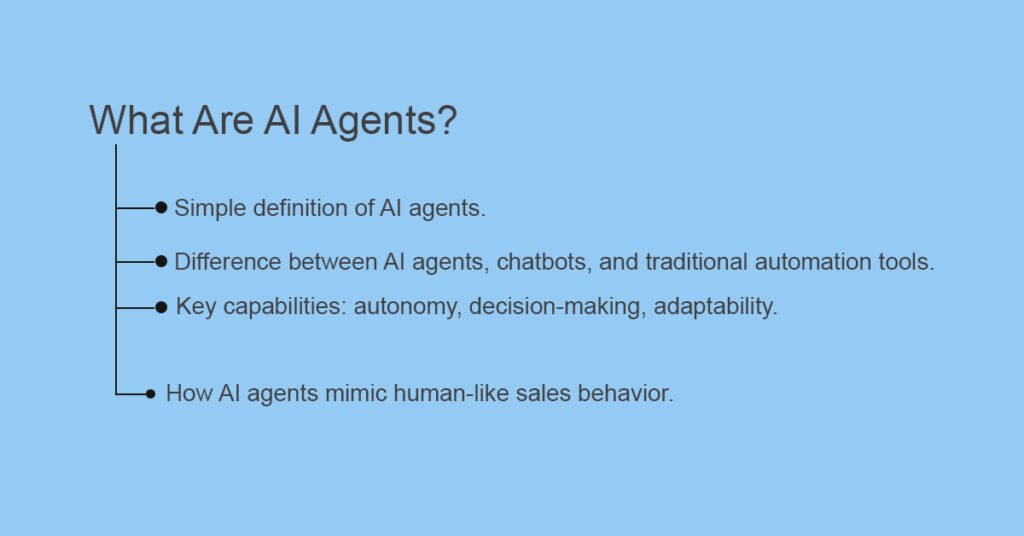
4. The Benefits of Artificial Intelligence Agents for Sales
Lead Generation & Qualification
The AI agents have developed lead generation in these ways:
- They intelligently score leads by looking at available predictive analytics to locate possible very valuable prospects.
- They qualify leads automatically using a dynamic questioning mechanism that can adjust itself depending on responses.
- They inform intent analysis in real-time, which could tell when prospects are ready to make a purchase.
- Behavior is tracked across multiple touch points to put together the entire prospect profile.
Customer Engagement Personalization
Modern-day AI agents provide superior customer experiences through personalization such as:
- Customized conversation flows as per the individual customer’s requirement and choice.
- Sentiment determination, which uses the emotions perceived to modulate the tone and approach.
- Memory of the past with the recollection of history through interaction building on it.
- Channel consistent multi-channelization has a personalized experience for email, chat, phone, and social.
Automation Follow-Up
AI agents evolving from missing opportunities:
- Determine the most suitable time for follow-up after tracking engagement patterns.
- Personalize messaging based on previous interactions and customer behavior.
- Create different rules for escalation to humans when complex issues arise or deals are nearing closing stages.
- Maintains persistence without being pushy, following up until prospects explicitly opt out.
Predictive Sales Analytics
AI agents provide some of their powerful insights through:
- Deal forecasting accuracy hitting even 90% as machine learning algorithm becomes more robust.
- Customer lifetime value prediction high among prospects.
- Churn risk assessment comforting proactive retention strategies.
- Analyzing market trends in increasing new opportunities.
Increased Productivity
Sales teams witness the most drastic productivity gains:
- Time saving of 2-3 hours per day per representative.
- Increased concentration on complicated deals requiring human expertise.
- Minimized administrative workload owing to automated CRM updates and reporting.
- Improved work-life balance for dealing with routine tasks set aside by AI.
Cost Savings
Organizations realize such huge savings in the value of cost:
- Dwindling costs of staffing as AI agents handle simple inquiries.
- As AI agents do not require continuous education in order to be trained, training costs decline.
- Reduced operational overhead because of 24/7 coverage with no additional labor costs incurred.
- Higher Return on Investment (ROI) with typical payback periods of 6-12 months.
- Example Case: Transformation at TechCorp
Mid-sized SaaS company Tech Corp has undergone quite a transformation because of using AI agents to perform lead qualification:
- A 300% increase in qualified leads within six months.
- 45% reduction in costs per acquisition.
- 60% improvement in sales team’s satisfaction scores.
- $2.3 million added revenue attributed to use directly to AI agent interactions.
5. Types of AI sales agents
Conversational AI (Chatbots)
Advanced conversational AI has gone further than simple chat robots and has features that provide:
- Not only natural language understanding, which accurately interprets the customer’s intent,
- Multiple turns of conversation context retention,
- Integration capability with other sales and CRM tools, and
- Multilingual support for the global customer base.
Most Ideal Use Cases to This:
- Web visitor engagement and lead capture.
- FAQ management and preliminary customer support.
- Product recommendation and cross-sell.
- Appointment scheduling and qualification.
Voice AI Agents
Smart voice assistants handle phone interactions through:
- Natural speech processing which can recognize local accents as well as the usage of colloquialisms
- Emotional intelligence to adjust according to the mood and tone of the caller
- Call routing to human agents as needed
- Real-time transcription and analysis for quality assurance
Best Use Cases:
- Prospective calls to service
- Inbound lead qualification
- Customer support and Technical Assistance
- Follow-up calls and confirmation appointments virtual sales assistants
Full-fledged virtual assistants who manage all administrative tasks are: –
- CRM automation with instant data-updates and upkeep
- Calendar management with logical scheduling optimization
- Strategic prioritization on deals by value and urgency
- Performance tracking with automated reports and automated insights
Best Use Cases:
- Boosting productivity and performance of sales representatives
- Managing pipeline and tracking deals
- Activity logging and performance monitoring
- Coordinate customer communications
Autonomous AI Sales Representatives
Agents fully autonomous thus do the complete cycle of sales:
- End to end prospect management starting from first contact until closed
- Dynamic pricing as per customer profile and market conditions
- Needing contract negotiation within parameters defined
- Upsell and cross-sell based on analysis of customer behavior
Best Use Cases:
- High-volume, low-complexity sales environments
- E-commerce and online retail
- Subscription-based services
- Standard offerings of products
AI Agent Comparison Table
| Agent Type | Autonomy Level | Communication Channel | Best for Business Size | Primary Use Cases |
| Conversational AI | Medium | Text/Chat | Small to Enterprise | Lead capture, FAQ, Support |
| Voice AI | Medium-High | Phone/Voice | Medium to Enterprise | Outbound calling, Qualification |
| Virtual Assistant | High | Multi-channel | Small to Medium | CRM management, Scheduling |
| Autonomous Rep | Very High | All channels | Medium to Enterprise | Complete sales cycles |
6.AI Agents in Contrast to Conventional Sales Automation Tools
Limitations Associated with Conventional Sale Automation
Conventional automation tools suffer extreme limitations in the following ways:
- Rigid workflows that cannot adapt to anything unexpected
- Rule-based logic very limited in any contextual appreciation
- Insomewhat clumsy personalization, with simple merge tags and segmentation
- Setup needs to be performed manually, bringing about maintenance and regular updates
- Reacts only in pre-desired scenarios in a predetermined manner
AI Agents: The Next Evolution
As for the advent of AI agents, it has provided an evolution that is never experienced before in dynamic intelligence: The AI agents analyze in real-time the interaction being done and decide using contextual information on something traditional automation cannot. The AI agents would understand subtleties and patterns, thereby adjusting behavior depending on the client’s conduct and preferences:
Autonomous Work: Traditional tools require very close supervision and continuous manual revisions, while AI agents work autonomously, learning from experiences and improving interactions without further human interference.
Contextual Understanding: For multiple touchpoints and timeframes with the AI agent, conversation context is retained in orchestrating smooth customer journeys that feel both natural and personalized.
Side-by-Side Comparison
| Feature | Traditional Automation | AI Agents |
| Decision Making | Rule-based, rigid | Intelligent, adaptive |
| Learning Capability | Static, requires manual updates | Continuous learning and improvement |
| Personalization | Basic segmentation | Deep personalization at individual level |
| Response Time | Delayed, batch processing | Real-time, instant responses |
| Context Awareness | Limited to single interactions | Multi-channel, historical context |
| Scalability | Linear scaling with manual effort | Exponential scaling with AI efficiency |
| Setup Complexity | Complex rule configuration | Intuitive training and deployment |
| Maintenance | Ongoing manual updates | Self-improving with minimal maintenance |
Artificial Intelligence Agents Are The Next Advancement
Sales technology eventually morphs into AI agents that fuse together human intelligence with machine efficiency as an imminent form of their next generation. It is not just because AI agents are considered faster and cheaper, but also for their intelligence in contrast with the capability of any existing tools for automation.
With such radical technology, corporations can:
- Achieve scale of personalization with no increases in personnel
- Give rise to better experience with better and faster service to customers
- Increased revenues from opportunities that would otherwise have been missed
- Savings in costs while improving results
7. Real-life Applications of AI Agent in Sales
Automatically Nurturing Leads in B2B Sales
Here are examples of how enterprise software companies are using AI agents in implementing extremely complicated lead nurturing campaigns:
Problem: B2B sales sometimes have long (6 to 18 months) sales cycle, in which hundreds of prospects have to receive ongoing, simultaneous nurturing. Thus, human sales teams find personalized selling at scale quite difficult.
AI Solution: Intelligent agents analyze prospect behavior and engagement history, alongside company data, and send perfectly timed, relevant material. They perceive the buying signals and escalate hot leads to human representatives while continuing to nurture the cooler ones.
Results: Companies experienced 40-60% higher engagement and 25-35% shorter sales cycles using AI-powered nurturing systems.
E-commerce: Personalized Smart Shopping Assistants
And retail giants are deploying AI agents as the revolutionary personal shopping assistants.
Challenge: Consumers expect online shopping to be customized, and whenever they have a question, they want it answered right away; human agents, however, can’t extend that kind of full availability anywhere.
AI Solution: Advanced shopping assistants will analyze browsing history, buying patterns, forward real-time information behavior of customers towards personalized recommendations, redress their questions, and guide them through the buying process.
Results: The leading e-commerce platforms are reporting a 20-30% increase in average order value and a 15-25% improvement in conversion rates owing to AI shopping assistants.
SaaS Companies: AI-Powered Demos and Onboarding
Software companies are utilizing intelligent demo and onboarding systems in transforming customer acquisition:
Challenge: SaaS companies tend to demonstrate their solutions and give onboarding experiences specifically to customers whose characteristics vary considerably. However, personal interaction is not enough to customize every interaction in scaling.
AI Solution: AI agents conduct interactive product demos personalized to fit the prospect’s specific use case, industry, and company size. They would lead users through onboard processes, identify features ripe for adoption, and escalate those difficult issues to human experts.
Results: SaaS companies report a 50-70% reduction in time-to-value for new customers and a 30-40% lift in trial-to-paid conversion rate.
Customer Success: AI Upselling & Cross-Selling
Subscription business models maximize the lifetime value of customers using intelligent upselling systems.
Identifying the right upselling opportunities at the right time hinges upon immense insights into customers and timing-near-impossible for human teams to achieve consistently.
AIs continuously assess customer’s usage of the product, satisfaction scores, and business growth indicators identifying potential upselling opportunities, presenting personalized offers, and educational material to engage customers right at the moment.
Results show that reducing the time between customers becoming aware of the potential upselling opportunities and the offers being made can increase expansion revenue by 25-45% and enhance customer satisfaction scores.
Success Stories from Industry Leaders
Amazon: The recommendation engine is a unique combination of AI agents earning 35% of total revenue through personalized suggestions of products and cross-selling opportunities.
Salesforce: Einstein AI makes over 3 billion predictions every day, giving sales teams an insight on the right leads to prioritizing and optimizing their sales activities with almost flawless accuracy.
HubSpot: Conversation intelligence AI analyzes sales calls and offers coaching recommendations that improved deal closure rates by 20% among its users.
The Best Tools for AI agents for Sales Automation in 2025
Enterprise-Level Solutions
Salesforce Einstein
Overview: Salesforce Einstein brings AI capabilities directly onto the world’s No.1 platform used for CRM.
Key Features:
- Predictive lead scoring at an accuracy of 90%
- Automated activity capture & CRM updates
- Intelligent forecasting & pipeline management
- Natural language query processing
Pros: Seamless CRM integration, wide array of customization options, enterprise-grade security Cons: Very High Price, High complexity in Implementation, Needs Salesforce Ecosystem Pricing: Begins from $75/user/month (this is additional on top of Salesforce licenses) Best for: Big Enterprises Using Salesforce
HubSpot AI
Overview: Full-fledged AI platform for sales and marketing automation.
Key Features:
- Conversational AI for website engagement
- Predictive content recommendations
- Automated email sequences with personalization
- Call transcription and analysis
Pros: User-friendly interface, integrated marketing tools, strong analytics
Cons: Lower tiers are lacking in advanced AI features, can become pricey for small teams Pricing: Free tier available, paid plans from $50/month. Good For: Small-to-medium businesses looking for all-in-one solutions
Mid-Market Solutions
Drift :
Overview: Leading Conversational AI platform focused on revolutionizing customer engagement.
Key Features:
- Advanced chatbot builder with AI capabilities
- Real-time visitor identification and routing
- Meeting scheduling automation
- Revenue attribution tracking
Pros: Easy to set up, great conversation analytics, strong customer support
Cons: Limited voice capabilities, some integrations with CRMs are complex Pricing: From $2,500/month Best For: B2B businesses focusing on conversion on their website
Conversica
Overview: An autonomous AI sales assistant taking care of conversational cycles all on its own.
Key Features:
- Human-like email conversations
- Multi-language support (8+ languages)
- Lead nurturing and reactivation campaigns
- Integration with major CRM platforms
Pros: Natural language processing, proven ROI, minimal setup required Cons: Email-focused (limited other channels), higher cost per conversation Pricing: Custom pricing starting from approx. $3,000/month Best For: Companies with high lead volumes requiring nurturing.
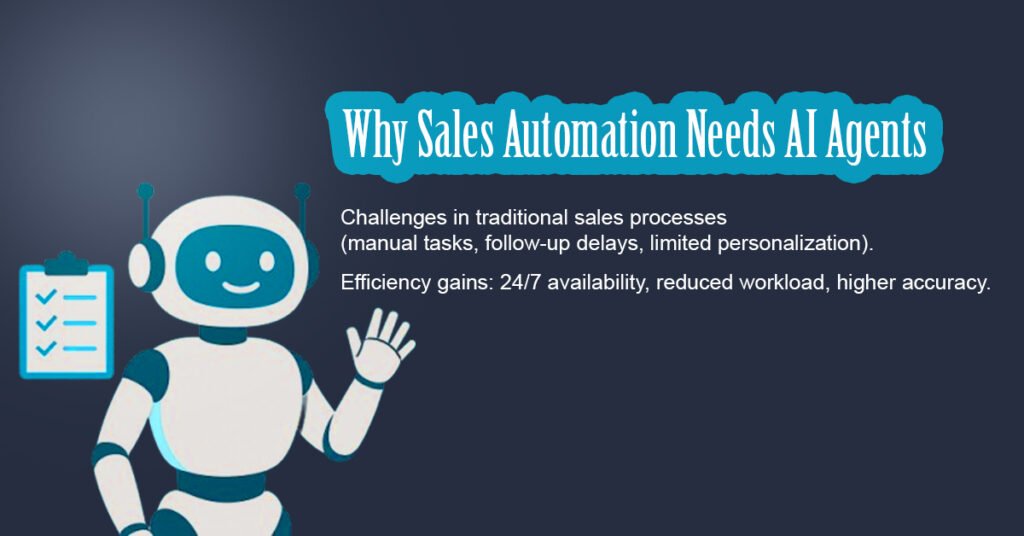
Emerging Solutions
Exceed.ai
Overview: AI sales assistant for intelligent lead engagement and qualification.
Key Features:
- Multi-channel prospect engagement (email, phone, SMS)
- Natural conversation flows with human handoff
- CRM integration and data enrichment
- Performance analytics and optimization
Pros: A multi-channel approach, good AI capability, prompt support Cons: Newer platform, limited enterprise features, fewer users Pricing: Starting from $99/user/month Best For: Growing companies that want multi-channel lead engagement
Outreach.ai
Overview: AI sales engagement platform with sequenced outreach capabilities.
Key Features:
- Smart email sequencing and optimization
- Call scheduling and management
- A/B testing for outreach campaigns
- Advanced analytics and reporting
Pros: All-round engagement tools, good analytics, user-friendly interface Cons: Somewhat complex for new users, could have steeper learning curve Pricing: Custom pricing, starting around $100/user/month Best For: Sales teams that require a sophisticated outreach campaign
Sizing Recommendations
Small Business (1-25 employees):
- HubSpot AI for a comprehensive, reasonably priced solution
- Drift for website engagement focus
- Priority: Simple setup, features integrated, cost-effective
Mid-Sized Company (25-250 employees):
- Conversica for meaningful nurturing at scale
- Exceed.ai for multi-channel engagement
- Priority: Scalability, advanced feature set, ROI optimization
Enterprise Organizations (250+ employees):
- Salesforce Einstein for embedded and comprehensive integration into CRM
- Custom-built AI solution that rides on enterprise platforms
- Priority: Advanced customization, security, integration ability
9. Challenges and Risks of AI Sales Agents
Data Privacy and Regulatory Compliance Concerns
Setting up GDPR and CCPA compliance provides enormous hurdles for organizations implementing AI Sales Agents:
Data Collection Transparency: AI marketing agents collect titanic customer data, and there must be specification regarding what data is collected, purpose of use of this data and who shall be privy to it. Businesses, therefore, need to set up consent mechanisms and standard operating procedures to address this matter.
Right to Deletion: Customers will exercise their rights and request that their own data are deleted-a tricky matter as the AI systems could have trained internally on that very data. Such organizations will require more complete systems to administer such requests.
Cross Border Transfers: The data processed by AI agents will often travel across differing jurisdictions, thus necessitating due consideration of the international laws of the regulations on data transfer and related safeguards.
Elements Signifying Compliance:
- Privacy by design whereby any AI agents are rooted in design.
- Periodic assessments/audits on compliance.
- Clearly defined privacy notices and opt-out mechanisms;
- Staff trained in data protection laws and procedures.
AI Transparency and Ethical Issues
The issue of Human Impersonation raises severe ethical concerns.
Disclosure: In many jurisdictions, businesses that use AI systems should disclose to customers that their interactions with AI systems are not guided by human faculties. Punitive enforcement measures for failing this disclosure duty exist along with the risks of eroding customer trust.
Deceptive Practices: AI Agents can be considered deceptive if they are misused in an attempt to mimic human behavior. This, in itself, could trigger a backlash against the offending company.
Manipulating Emotions: Advanced AI Agents must possess emotional intelligence but also should be programmed with ethical constraints so as not to manipulate vulnerable customers.
Principles of Ethical Implementation
- Always mention the role of AI in customer interactions
- AI decision-making standards should be programmed into ethics
- Regularly review the ethical framework and modify AI behavior as needed
- Implement a feedback mechanism regarding the interaction quality of the AI from the customer
Dangers with Over-Automation
Loss of human touch can damage customer relations:
Customer Preference Variability: While some customers appreciate rapid AI response, others seek personal interaction and may be aggrieved by automated responses even for complex or emotional issues.
Handling Complex Situations: AI agents may find it difficult in a way for which humans are exceedingly good, i.e., situations that require nuanced considerations, empathy, creativity, or complex problem-solving.
Building Relationships: Long-term relation development is often based on interpersonal interaction, which, in full measure, no AI agent can uphold.
Mitigation Strategy
- Implement capability to hand off seamlessly to a human
- Train AI agents to distinguish when a human needs to step in
- Look at hybrid models bringing the high efficiency of AI and human merit
- Monitor customer satisfaction and report feedback regularly
The Good, the Bad, and the Ugly about Data Quality
This is indeed a nightmare:
Poor Quality of Data: The performance of AI agents depends entirely on the quality of data used in their training. It is the quality of data that will lead to poor AI performance and wrong decisions, if it happens to be inaccurate, incomplete, or biased.
Integration issues with data: Most organizations face the challenge of integrating data from different sources, thus not getting a complete view of their customers and not performing well with AI.
Data Management Continuously: AI systems should be monitored, updated, and cleaned to be effective over time.
Solutions to Data Quality
- Adopt robust data governance practices
- Conduct periodic audits of data and cleanse data
- Invest in data integration tools/platforms
- Implement data quality metrics and monitoring systems
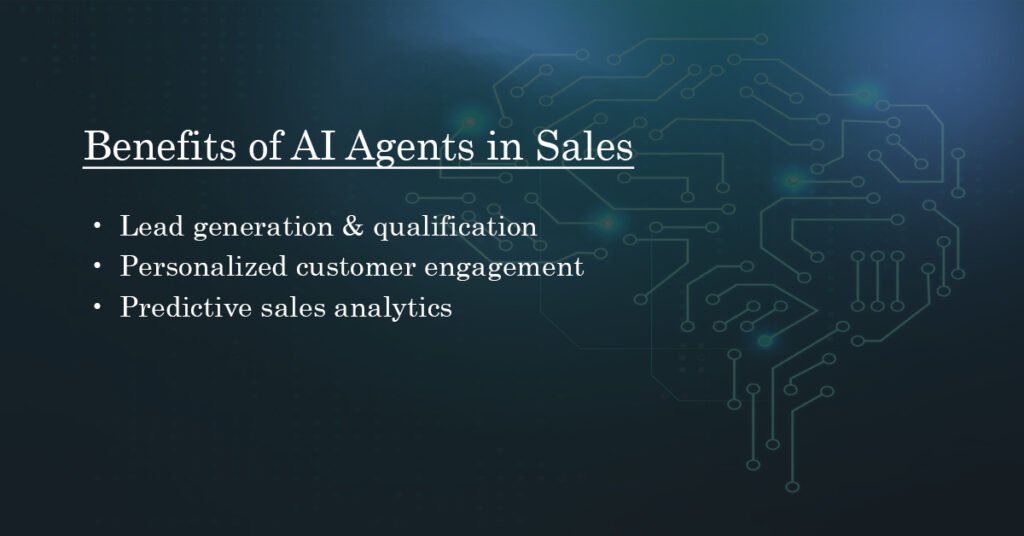
Sales Team Resistance
Change Management issues can block AI implementation in a southerly direction:
Job Security Concerns: Sales reps might feel threatened by the presence of AI agents, leading to resistance and poor buy-in.
Skill Gap Issues: The existing sales force may be lacking adequate technical skills to work in tandem with the AI systems.
Cultural Resistance: Sales firms with strong conventional sales cultures might resist AI for fear that technology cannot measure up to human prowess.
Change Management Strategies:
- Market AI adoption as an augmentation rather than a substitution
- Provide full-scale training and support programs
- Involve sales teams in decision-making for AI implementation process
- Celebrate small wins and success stories
- Talk openly and honestly about the concerns on AI adoption
10. The Future of AI Agents in Sales
Generative AI and Autonomous Agents
Revolutionary technologies for generative AIs are changing the direction of sales automation:
Advanced Content Generation: Next-generation AI sales agents will be able to instantly develop personalized customer sales content with sales proposals and presentations created from scratch on demand, reflecting customer needs and preferences. This includes real-time dynamic pricing proposals, customized product configurations, and tailored contract terms.
Autonomous Decision Making: Future AI agents will execute increasingly complex sales decisions with little human input, including:
- Strategic account planning and territory management
- Complex negotiation scenarios executed within evergreen parameters
- Strategies for long-term relationship development based on lifecycle analysis of customers
- Establishment of dynamic pricing optimized on marketplace and customer profiles
Multi-modal Interactions: The advanced class of AI agents will combine text, voice, video, and even virtual reality interactions in the development of immersive sales experiences that compete with in-person meetings.
Augmented and Virtual Reality Integrated Demonstration Sales with Artificial Intelligence
Artificially intelligent immersive sales experiences would change the shape of product demonstrations in future:
Virtual Showrooms: An AI agent will walk customers through photorealistic virtual, demonstrating products and services in ways that have never been possible before. It will try the product before the purchase, resulting in lowered chances of buyer’s remorse and a boosted effect on satisfaction.
Augmented Reality Overlays: AI agents would create overlaying real-time information during customer visits on the sites such that accessing specifications, prices, and customization options of a product will instantly be made available through AR interfaces.
Personalised VR Experiences: AI systems will dynamically create unique experiences specifically tailored for customers depending on their needs, industry, and preferences.
Human-AI Integrated Hybrid Selling Model
This is where the future lies: the most effective cooperation between intelligent AI agents and human sales professionals.
Distributing intelligent task functioning: This approach entails assigning all tasks by AI-system automatism to either AI agents or humans according to complexity, emotional sensitivity, or needed expertise. Routine assignments go to AI, while complex relationship building belongs to humans.
Real-Time AI Coaching: A human sales representative receives real-time coaching and advice in client interactions.
Predictive Handoff Optimization: AI will optimally determine the moment at which a prospect will be switched from AI agents to a human representative in terms of conversion rates versus costs.
Forecasts for 2030 by Experts
Top analysts have given some powerful insights into the future of AI sales agents:
Gartner Research has projected the future for 2030 to be as follows:
- 85% of customer activities will be performed by AI agents without any involvement of humans.
- Work for hybrid AI and human sales teams will be 200% better than their purely human counterparts.
- About 40% of revenues will be attributed to AI sales agents at most B2B organizations.
McKinsey Global Institute:
- $2.6 Trillion in annual value creation possible from AI in Sales and Marketing by 2030
- 60% shortening of the sales cycle due to AI
- Total transformation in traditional selling into strategic relationship management
From MIT Technology Review:
- Quantum enhanced AI agents will evaluate customer data against market conditions in contexts that we can barely imagine today.
- Emotional AI will work near-human levels with customers in interpersonal interactions.
- Their predictive accuracy for sales forecasting will consistently exceed 95%.
Salesforce Research:
- Autonomous Sales Organizations will be able to execute about 70% of their routine sales operations independent of human activity.
- Technology companies would receive most of their revenues from the offerings made by AI or would have a major share of their sales pipeline associated with AI.
- Customer experience scores will increase by 50% because of AI personalization and responsiveness.
Integration of Emerging Technologies
Merging Blockchain and AI: Secure and transparent handling of data about customers, and smart contracts for automatically closing deals.
IoT and AI: Real-time usage data from customers guiding AI agents on what to upsell proactively and provide after sales support.
5G and Edge Computing: Ultra-fast, low-latency AI agent responses allowing real-time conversation capabilities indistinguishable by human interaction.
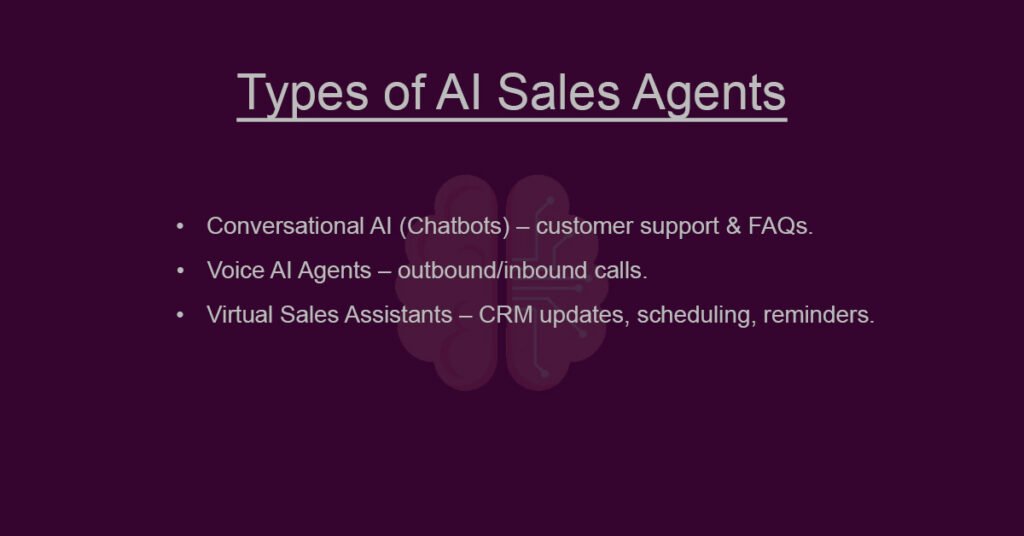
FAQs
What really is the meaning of AI agent in sales?
AI agent in Sales is a software system enabled with intelligence to perform autonomous sales-related tasks, make decisions, and interact with customers by artificial intelligence. They fetch different than the previous automation tools as they recognize the contexts, learn from their interactions, and alter their behavior to optimize the sales outcome. Such agents combine the natural language processing and machine learning with predictive analytics to handle the tasks within lead qualification to managing a full sales cycle.
How do AI agents enhance the automation of sales?
AI agents could upgrade sales automation in major areas as follows:
• Smart Decisions: It analyzes customer data in real-time to make optimal sales decisions.
• Always On: Works all the time without missing any lead based on time zones.
• Individualized at Scale: It personalizes every interaction with a customer based on individual tastes and behaviors.
• Prediction: They can read the needs of a client and schedule optimum time for his engagement.
• Omni-channel: AI agents can serve multiple channels and platforms simultaneously.
• On-going Learning: The algorithms improve as they continue learning from various user actions.
Which industries benefit the most from AI sales agents?
AI sales agents have tremendous advantage across diverse industries:
Technology and SaaS: Complex demos for products, experience management, and upsell for subscription.
E-commerce and Retail Industry: Recommendation of products and assistance of customers.
Financial Services: Qualifying leads, explaining policies, and supporting compliance with regulations.
Healthcare: Scheduling appointments, verifying insurance, and communicating with patients.
Real Estate: Matching properties, virtual tours, and initial screening of clients.
Manufacturing: Technical inquiries, generation of quotes, and distributor support.
Professional Services: Consultation scheduling, service explanations, and onboarding of clients.
Is AI going to replace humans in selling?
AI agents are just meant to supplement human sales agents, and in fact, their main complement quality versus humans is that they specialize in performing repetitive tasks, data processing, and the preliminary customer engagement stage all to gain more business referrals for the future. But for:
Complex relationship building which relies on emotional intelligence and trust
Strategic negotiations involving nuanced decision-making
Creative problem-solving for unique customer challenges
High-value deals requiring personal attention and expertise
Cultural sensitivity in global business relationships
The best companies in the world deploy hybrid models, with most of the daily routine work of sales handled by the AI agent, freeing up the human representatives to focus their time and energies on engaging in those high-value activities uniquely suited to them.
What best AI tools for sales in 2025?
Top tools for sales automation by AI in 2025 included:
Enterprise Solutions:
Salesforce Einstein: AI-integrated complete CRM.
Microsoft Dynamics 365 AI: Power analytics and customer insights.
Mid-Market Solutions:
HubSpot AI: One-stop sales and marketing automation.
Drift: Conversational AI for website engagement and lead generation.
Specialized Tools:
Conversica: AI sales assistants for lead nurturing.
Exceed.ai: Multi-chael prospect engagement.
Outreach: Sales sequences and optimization powered by AI.
The best one can be determined based on organization size, budget, existing technology stack, and specific sales process requirements.
Conclusion & Key Takeaways
AI agents have made the most revolutionary changes as far as automating sales is concerned, impacting the technology landscape perhaps more fully than any other technological shift in today’s history. This was a very comprehensive guide on how these intelligent systems do not just improve current processes but are changing fundamentally how organizations are doing customer engagement, lead management, and revenue generation.
The AI Advantage: Beyond Automation Today
AI agents have proven their worth by mixing intelligence similar to that of humans with machine efficiency. Unlike traditional automation, these agents fit different rule sets, learn by themselves, and make intelligent decisions that are optimizing business and customer outcomes. Their real advantage over humans comes when human teams are the only possible source of millennial instant example responses: they function continuously and offer personalized experience delivery at scale.
Balanced Perspective: AI is Enhancement-not Replacement
So great is the strength of AI agents, but most times, it excels in its function as a mighty partner to human salespersons, not as a substitute for them.
The most successful organizations have adopted that hybrid model where AI agents take charge of the routine and repetitive tasks, such as processing data and some of the initial interaction with a potential customer, while human representatives engage with clients on matters that require building interpersonal trust, complex negotiating, and deciding on business strategies.
With this approach, organizations can have the best of both worlds, having the efficiency and consistency of AI with the creativity, empathy, and strategic thought that humans bring to sales relationships. The companies that understand this balance will soon be ruling their markets.
Some Important Implementation Insights
Start with Clear Objectives: Whether it is an implementation plan for lead qualification, customer support or sales cycle acceleration, set very clear objectives.
The Priority of Data Quality: Invest in good data management systems so that your AI agents have accurate, complete and relevant information to work with.
Manage for Change: Deal with team concerns early and involve selling representatives in change efforts for a successful transition.
Ethical Standards: Use transparent processes and comply with the data protection regulation to build customer trust.
Measure and Optimize: Continuously monitor the AI agent performance against real-world results and customer feedback to improve capabilities.
The Future is Now
There will be companies in the coming decade that shall exist with AI agents as one of the main tools of selling successfully. The stats and case studies illustrated in this guide are merely pointers to the fact that AI agents are not just that but are fast turning into a necessity for any commercial growth in this present era.
Organizations that still depend solely on traditional selling methods risk being overtaken at some point by faster competitors who have utilized the features of AI in creating extraordinary experiences, shorter response times, and customized engagements.
Call to Action: Start your AI Transformation Today
It’s not a question of whether your organization should deploy AI agents for sales automation, but how quickly you can start that transformation. Start with:
- Reviewing your current sales process to determine where the impact of an AI agent could be immediate
- Researching AI tools suited to your business size, budget, and technical requirements
- Creating an implementation roadmap, including training, integration, and success metrics
- Collaborating with AI solution providers for pilots and proof-of-concept opportunities
- Gaining internal buy-in by educating your team on the benefits of AI and addressing their fears
AI agents in sales automation are ready to change the lives of many businesses at present and not in the distant future, but in today’s scenario. Thus, early birds leaping toward early adoption of these tools and technologies will establish the leadership of AI-driven sales while delaying firms will keep behind their competitors who are enjoying the fruits of this wonderful technology.
Exceeding your customer’s expectations is personalized, instant, and intelligent interaction. The core of this reality is enabled by AI agents at scale because your business is now in a position to fulfill your customers’ dreams. The future of sales is here, and it will be powered by AI agents working harmoniously alongside human expertise in creating extraordinary customer experiences and achieving unprecedented business growth.
All set to venture out looking at AI agents? Connect with top AI solution providers today to check how these transformational technologies can boost your business and customer satisfaction.
